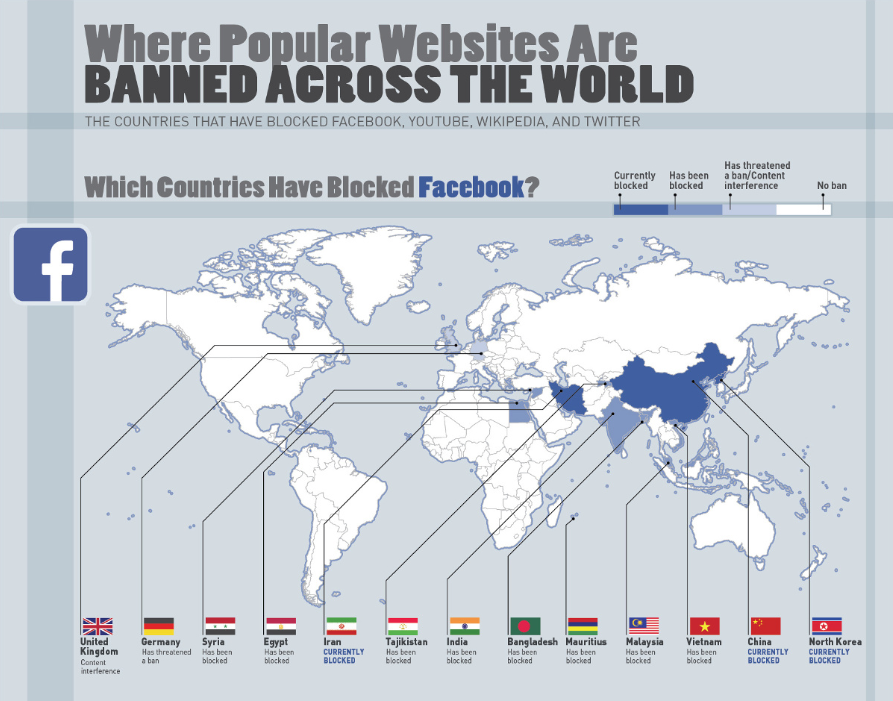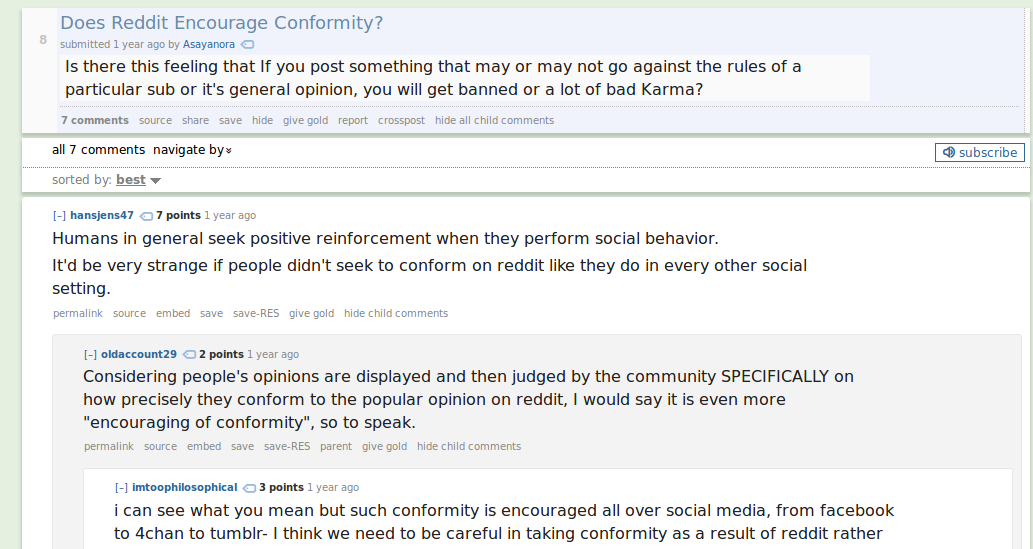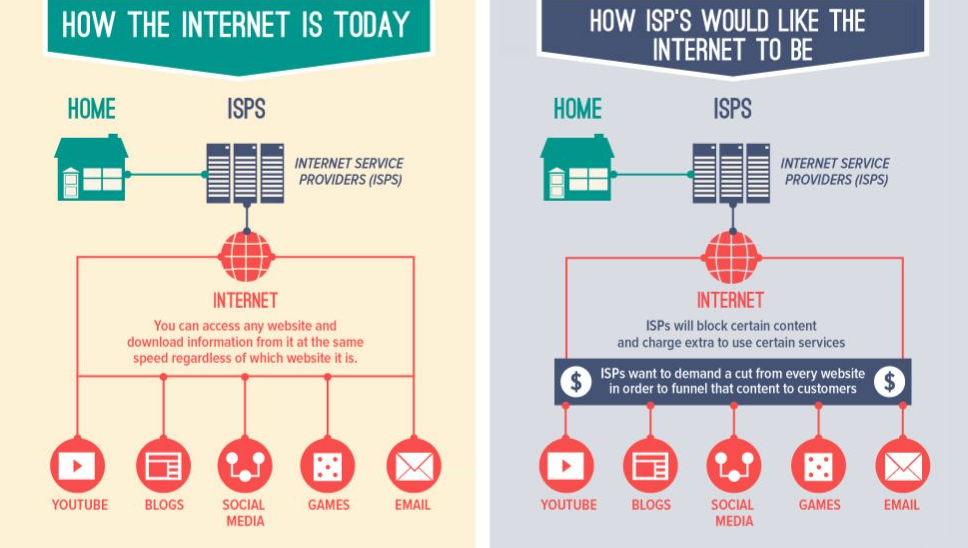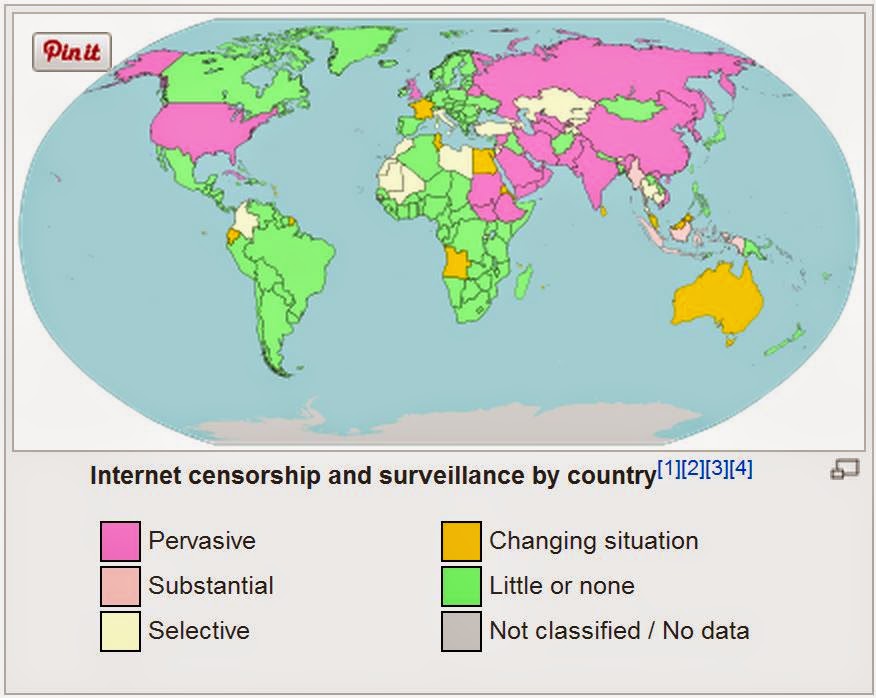Free speech isn’t free. Across the globe, and in America, we have different forms of censorship affecting what information we’re able to see every day.
“No way,” you say. “Being threatened with execution for having thoughts against the will of your dictator is absolutely nothing like having trepidations of whether or not you’re going to get sued for using someone’s copyright.”
Yes. You’re right. Examples of censorship in America is often nowhere near as bad as it is in other countries. In some places, the threat of physical violence for saying the wrong thing is real. Here, you’ll mostly get annoyed looks, downvotes, or ruined friendships.
They are not the same. But that doesn’t mean that those “in the land of the free” shouldn’t have open and honest conversations about how our speech is frequently threatened, oppressed, or repressed.
First of all, what is censorship? What does censorship mean? Here’s a short definition:
“The term censorship, however, as commonly understood, connotes any examination of thought or expression in order to prevent publication of ‘objectionable’ material.”
— U.S. Supreme Court, Farmers Educational & Coop. Union v. WDAY, Inc., 360 U.S. 525, 527 (1959)
Sometimes, it’s for the greater good. Sometimes, it’s not. We won’t be exploring why censorship is bad or how self-censorship is an inevitable filter that we need for a society.
We are merely posing the question: Who decides what we see?
Especially with Internet censorship, we need to keep in mind who is deciding what information we can consume and when.
Government Enforced
The censorship is a result of the direct influence of the ruling group.
This involves any government crackdown on modes of expression. In the old days, it could mean a king ordering monks to burn books. Today, it might relate to forbidding movies being shown in the country, or blocking certain websites.
Fictional Example: 1984
There are numerous examples of dictatorships in literature, and how they use censorship to function. The most classic totalitarian regime is from 1984:
Real-Life Example: Website Blocking
Internet censorship can be the best way to keep important political information out of the hands of your protesters
 Full infographic at Vodien.com
Full infographic at Vodien.com
Real-Life Example: Obscenity
The U.S. government hasn’t been known to ban these major sites, but that doesn’t mean that the U.S. doesn’t get involved in restricting speech. Specifically, we have laws around copyright, libel, defamation, sedition, and obscenity.
Obscenity has been one of the largest issues over the years, with George Carlin being arrested fro his “Seven Dirty Words” comedy bit, and Allen Ginsberg being sued for his poem “Howl.” Both of these events happened well within the last half-century.
Corporation Enforced
The censorship is a result of a financially powerful group, not necessarily the formal ruling one.
Fictional Example: Ready Player One
In Ready Player One by Ernest Cline, a corporation called IOI has a tight hold on the information flow of the entire world, and their division in charge of taking hold of assets in the virtual world (the sixers) frequently threaten the protagonists. Essentially forcing millions of people into indentured servitude, they’re a multi-national corporation as powerful and intimidating as a government. Their favorite trick? Spying on users of their Internet service and blocking certain, non-PR-friendly content.
Real-Life Example: Net Neutrality
You know who else can spy on users and block certain kinds of content? Real-life Internet service providers if Net Neutrality isn’t stopped. Worse, they can slow the Internet speeds for certain websites unless those creators pay the corporation.
Real-Life Example: Search Engines
We could also talk at length about how Google’s monopoly of search is a dangerous thing. But most of the Internet is already complicit in allowing one algorithm to decide what they see.
Just ask yourself this question: Do you implicitly trust content-providing platforms (Netflix, Facebook, Google, Amazon) to not withhold information you need? And if you do, why?
Group Enforced
The censorship is a result of a group of individuals (not necessarily financially powerful or the ruling class, just influential in their space) who enforce the censorship, often through threatening means – to the work, creator, or consumers.
Fictional Example: Pleasantville
For many reasons, Pleasantville isn’t so pleasant. In a 1950s perfect world, sexuality, diversity, art, and color is actively repressed by groupthink. There’s a lot going on in this movie (far more than what the hokey trailer suggests anyway), but the film is essentially about something that affects us all without us knowing it every day: conformity.
Real-Life Example: Reddit
There are numerous examples of conformity both positive and negative, offline and online, threatening and nonthreatening. Let’s start with one of the more subtle, online, non-threatening examples of group-enforced censorship first.
 Reddit itself is like a real-life Asch test, in which content that’s most liked by the group is pushed up in the ranks and unpopular content is shoved down. That’s decisions made by the Reddit populous, not to mention the moderators.
Reddit itself is like a real-life Asch test, in which content that’s most liked by the group is pushed up in the ranks and unpopular content is shoved down. That’s decisions made by the Reddit populous, not to mention the moderators.
With the constant flood of information, there are worse ways other than trusting a massive amount of other people to make content decisions for you. On the other hand, are popular opinions the best ones?
Real-Life Example: Harvey Weinstein’s Circle
And then there are negative, offline, threatening forms of group-enforced censorship. A recent, on-point example? Harvey Weinstein. He used his wealth, power, and influence within a comparatively small social circle (Hollywood) to threaten, pay off, and silence sexual harassment victims.
Self Enforced (Repression)
The censorship is done by the self out of fear of consequences (actual or perceived) without, and often prior to, direct influence from any specific authority.
Self-Enforced Censorship as a Result of Perceived Financial Consequences
Some might argue that this is the main type of censorship affecting our times. Fear of being sued, threatened by lawyers, or having to go out of business doesn’t come from a group, government, or corporation. It is preventive censorship, one that prevents the art from being made in the first place.
Fictional Example: The Circle
In The Circle, a film that portrays a dystopic reality not very far from our own, a Google/Apple metaphor offers the technology for others to watch others – everywhere. The main character, played by Emma Watson, goes understandably a little insane.
Real-Life Example: Snowden
In the real life, the U.S. happens to be one of worst countries in the world for watching its own citizens.
It’s an unfortunate truth; Our government is watching us, all the time, always. It’s enough to make some people revise a tweet or rethink an email.
Beyond the government, there’s also the fact that companies that The Circle imitate are also watching you:
On The Practice of Shaming
Out of these forms of censorship in the U.S. and elsewhere, surveillance is the “slippery slope” to watch out for. That tightly knit relationship between surveillance, chosen or otherwise, and self-censorship will become only more of a problem over time. Self-censorship affects most of us already, with social media users being very careful about what they say.
Here’s the problem, though: Often this means that people will go around continuing to have the upsetting or unpopular opinion without voicing it. Society would therefore degrade, as it has degraded.
How can we prevent self-censorship?
Being responsible with the practice of social media shaming can help. Compare the crime with the backlash. Think about who gets shamed, how much, and why, and see if it’s worth the crime.
This one woman got a horrible backlash, lost her job, for an unfunny joke, and yet known abusers, from Woody Allen to Trump, are still successful out in the world without repercussions.




Leave a Reply